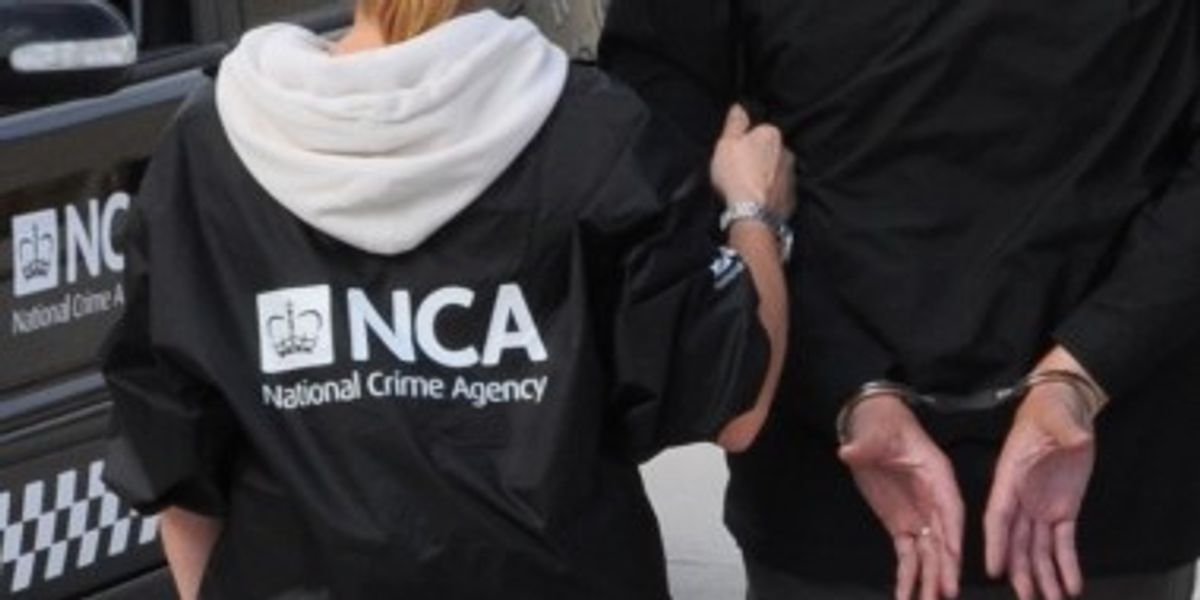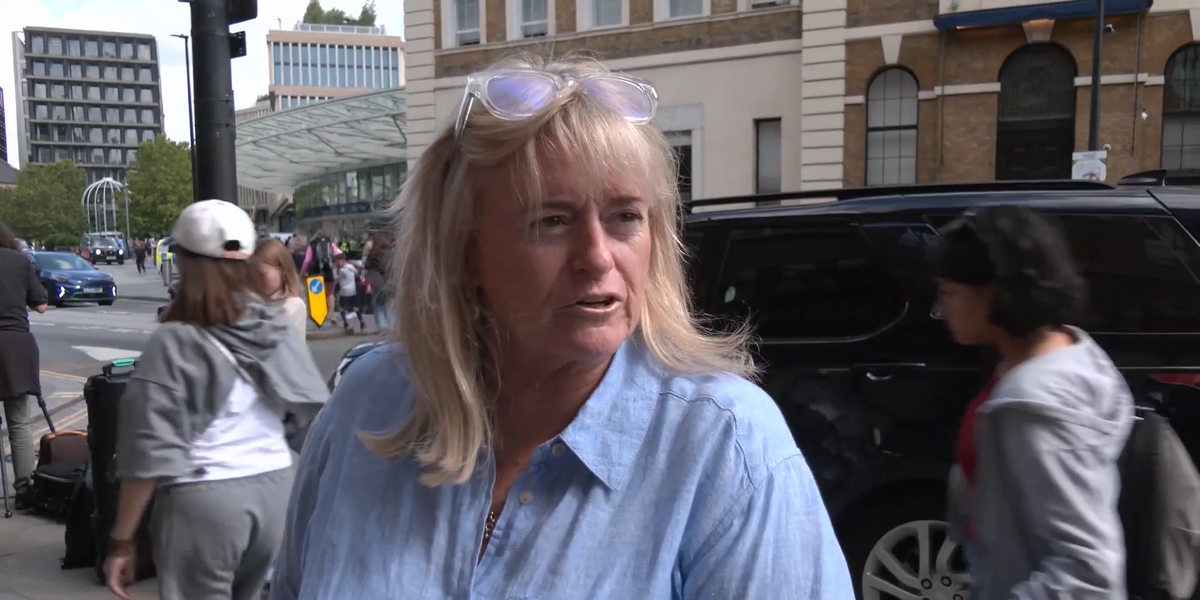NHS experts have urged the public to “walk like penguins” to avoid slips and trips in icy conditions this week.
Walking like a penguin could prove safer than taking normal strides.
It supposedly helps people stay stable and minimise the risk of losing balance or slipping on the ice.
In its advice update, NHS Greater Glasgow & Clyde (NHSGGC) listed five “top tips” to walk like the aquatic flightless birds.
In its advice update, NHS Greater Glasgow & Clyde (NHSGGC) listed five “top tips” to walk like the aquatic flightless birds
NHS Greater Glasgow & Clyde
It said Britons should bend slightly and keep their knees loose.
Feet should also be pointed out and arms should be extended down their sides.
NHSGGC also advised people to walk flat-footed while taking short steps and keep their centre of gravity over their feet.
However, not everyone appeared convinced by the advice.
LATEST DEVELOPMENTS:
Temperatures could plummet in the early hours of tomorrow morning
WXCHARTS
One social media user wrote: “Embarrassing. Nonsense.”
Another said: “Comedic, nanny state, resource-wasting nonsense.”
A third added: “NHS might run better with actual penguins.”
However, an expert at the Scottish health board defended the advice.
A drop in temperatures could also see snow batter parts of Scotland
WXCHARTS
Dr Emilia Crighton, director for public health at NHS Greater Glasgow & Clyde, said: “At this time of year – and especially in icy spells like this one – slips, trips and falls are the most common accidents that result in injury.
“While it might seem silly to walk or waddle like a penguin, the alternative may be a nasty injury or even time in hospital.
“Remember, when it comes to getting around on ice, penguins know best, so when you’re out and about in the next few days, adopting the penguin stance is a really effective way to move without falling.
“During this time we should also make sure we’re supporting our elderly family members and neighbours by making journeys on their behalf to avoid them having to go out in icy conditions.”
Another picture from the NHS board’s guidance
NHS Greater Glasgow & Clyde
Explaining why slips and falls will likely not require a trip to A&E, Dr Crighton added: “A&E is there to help the sickest people and treat the most urgent emergencies, and we would always advise anyone who thinks their condition or injury is very urgent or life-threatening to call 999 or go to A&E immediately.
“However, most falls and trips do not require treatment at A&E – and in fact you might be asked to seek help elsewhere if you arrive at A&E inappropriately.
“If assessment is required, our Minor Injuries Units are often best placed to carry that out, so we would urge anyone who has suffered a fall to call NHS24 on 111.
“They will be able to give you the advice you need, including directing you to a Minor Injuries Unit if required.”








